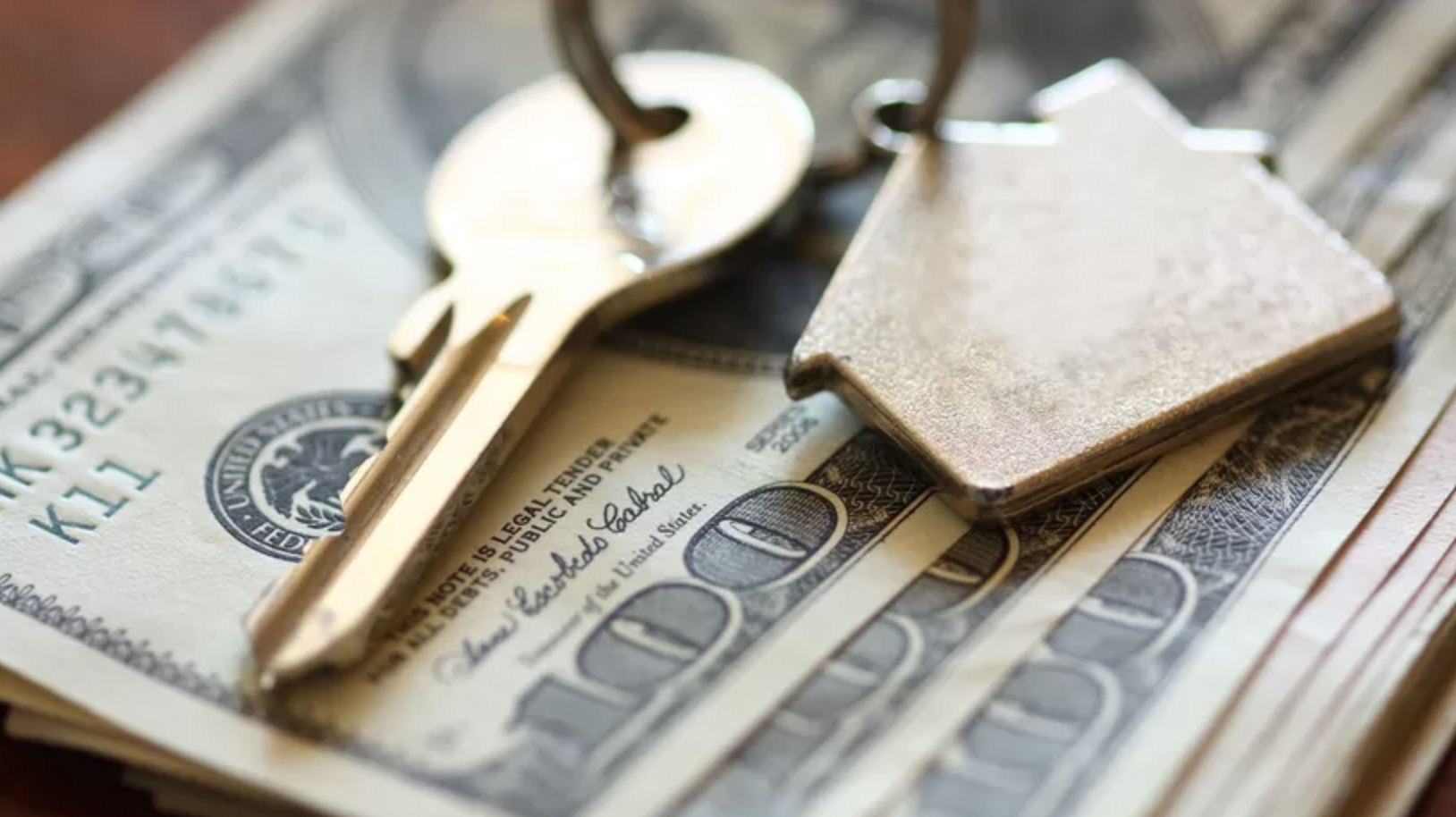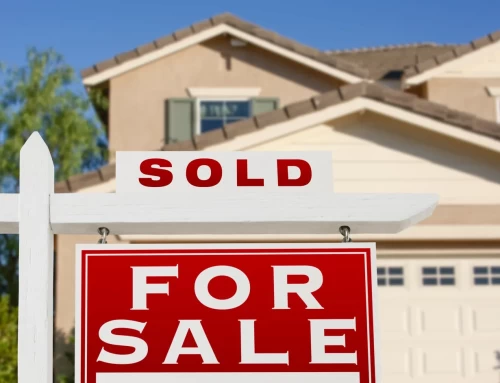What is earnest money? Depositing earnest money is an important part of the home-buying process. It tells the real estate seller you’re in earnest as a buyer, and it helps fund your down payment.
However, the earnest money check is different than the downpayment. It is typically cashed and held in a title company trust account, or in the broker’s escrow company account. You get a receipt from your brokerage when you hand in the earnest money.
Without the requirement of earnest money, a real estate buyer could make offers on many homes, essentially taking them off the market until they decided which one they liked best. Sellers rarely accept offers without the buyers putting down earnest money to show that they are serious and are making the offer in good faith.
Assuming that all goes well and the buyer’s good-faith offer is accepted by the seller, the earnest money funds go toward the down payment and closing costs. In effect, earnest money is just paying more of the down payment and closing costs upfront. In many circumstances, buyers can get most of the earnest money back if they discover something they don’t like about the home.
How much should you put down in the earnest money deposit?
The amount you’ll deposit as earnest money will depend on factors such as policies and limitations in your state, the current market, what your real estate agent recommends, and what the seller requires. On average, however, you can expect to hand over 1% to 2% of the total home purchase price.
In some real estate markets, you may end up putting down more or less than the average amount. In a market where homes aren’t selling quickly, the listing agent may note that the seller requires only 1% or less for the earnest money deposit. In markets where demand is high, the seller may ask for a higher deposit, perhaps as much as 2% to 3%. Your real estate agent may recommend that you are more likely to win a bid if you give the seller a large deposit. In fact, the seller may be willing to negotiate on the purchase price a little if you make a bigger good-faith deposit.
On the other hand, you may not want to put too much earnest money down. Coming up with that much money, and losing the use of it for weeks or months before the sales contract closes, may not be the best use of your cash.
However, you may wind up having to do some paperwork for your mortgage lender, and the bank may want to verify the source of the funds for larger deposits of earnest money. It won’t be a problem if you can show that you’ve had the money for at least 60 days.
When do you make an earnest money deposit, and who holds it?
In most cases, after your offer is accepted and you sign the real estate purchase agreement, the contract stipulates that you give your deposit to the title company. In some states, the real estate broker holds the deposit.
Always check the credentials of the title company or real estate broker taking the deposit, and verify that the funds will be held in escrow. Never give the earnest money to the seller; it could be difficult or impossible to get it back if something goes wrong.
After turning over the deposit, the buyer’s funds are held in an escrow account until the home sale is in the final stages. Once everything is ready, the funds are released from escrow and applied to your down payment.
Can you get your earnest money deposit back?
If the real estate transaction falls through, a small cancellation fee is usually taken out of your earnest money deposit, but the remainder remains in escrow. Whoever holds the deposit determines whether you should get the earnest money back under the terms of the purchase and sale contract. Make sure that the purchase agreement covers how an earnest money deposit refund is handled.
To be on the safe side, make sure the purchase agreement contains contingency addendums that stipulate how a refund is handled (e.g., an inspection contingency protects the buyer if the real estate fails a home inspection). Buyers can also usually get their earnest money back if they find problems with the property, or if they are unable to get title insurance.
A financing contingency ensures that the earnest money is refundable and the buyer can get out of the transaction if he cannot get financing. Keep in mind that a pre-approval from a lender does not guarantee a borrower can get a loan at mortgage rates he can afford. Even if a buyer has a good credit score and is pre-approved for a mortgage loan, the lender can still turn him down based on unforeseen factors such as the appraisal amount being too low. In such cases, a standard contingency allows buyers to renegotiate the purchase contract, or get their money back.
Updated from an earlier version by Laura Sherman.
We are ready to help you find the best possible mortgage solution for your situation. Contact Sheila Siegel at Synergy Financial Group today.







